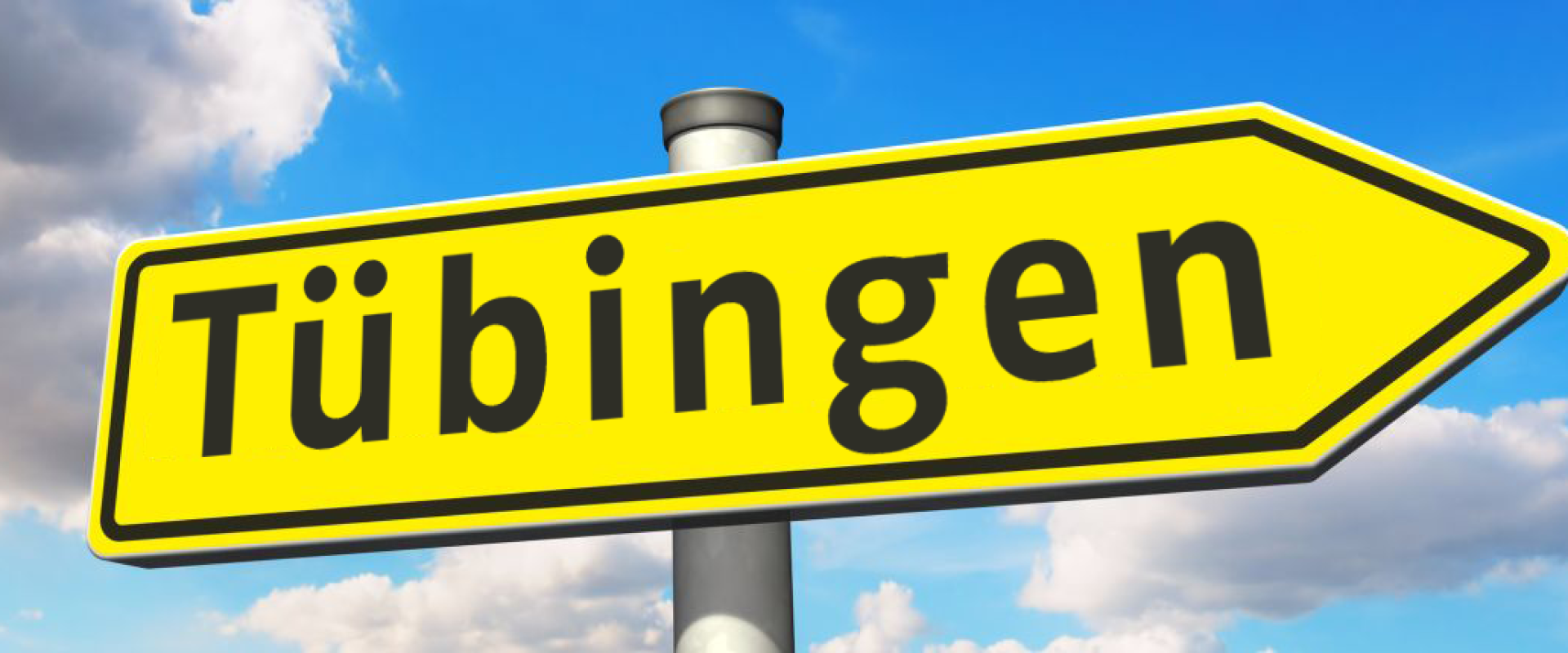

Tübingen is an old city, but it has one of the youngest populations in Germany: the inhabitants are only 39 years old on average. 28,500 of the 90,000 residents are students. The town is famous for its unique flair, combining the charm of a lovingly restored old town center with the bustling spirit of a young student town.
Tübingen is located about 30 miles south of Stuttgart between the Schönbuch Natural Park and the Swabian Alb. On the south side of the old town flows the river Neckar.
The City of Tübingen provides a map with places of interest (in German) to help you find your way around.
Despite being a comparatively small city, Tübingen is an expensive place to live. Rents especially are among the highest in the country. In total, you should expect to spend at least EUR 950 - 1000/month for your living costs as a single person.
If you will need a residence permit to stay in Germany, you will have to provide proof of sufficient financial means. For a single person, the official monthly requirement is
For visa and residence permits for the purpose of study (§ 16 b), the official requirement is EUR 934/month (2023).
Please note that particularly the first two months will be expensive because you might need to buy things like household items, tickets for public transportation/a bike, apply for a residence permit etc. However, of course your expenditures also depend on your individual lifestyle.
Short list of main costs (monthly)
| Accommodation: private one-room apartment or PhD student dormitory | 350 - 800 EUR |
| Accommodation: two/three-bedroom apartment | 800 - 1500 EUR |
| Food | 160 - 310 EUR |
| Health insurance (if not covered through work contract) | from 60 - 190 EUR |
| Public transport (Deutschlandticket, for Tübingen city residents) | 34 EUR |
| Public transport (semester ticket for students, valid for 6 months) | 127.30 EUR |
| Public broadcasting fee (Rundfunkbeitrag) | 18.36 EUR |
| Internet | from 25 EUR |
| Mobile phone contract | from 5 EUR |
If you matriculate as a student in Tübingen, you will also need to pay an administrative fee at the University of Tübingen, which is around 160 EUR (2023).
There are currently no general tuition fees in Baden-Württemberg; however, there are some exceptions. Please contact the University of Tübingen's international admissions team for details.
Tübingen is a safe city with a very low crime rate, even by German standards. Nonetheless, train stations may attract dodgy individuals, so please be careful around these areas, especially at night. Generally, it’s better to not walk alone at night if you can avoid it.
Being a very bike-friendly city, one crime that is unfortunately comparatively frequent is bike theft. Make sure to invest in a good lock, and don’t leave your bike unattended in town for too long, especially if it looks expensive.
We strongly recommend to always lock your front door and close all windows when you leave the house.
Tübingen is a very liberal city and generally a safe place to live, no matter your sexual orientation or gender identity. Same-sex marriage is legal in Germany, and anti-discrimination laws protect minorities. While homophobia and transphobia are unfortunately not yet a thing of the past, the majority of the Tübingen population has a neutral/positive attitude towards their fellow LGBT* citizens, and many people choose to be out at work and within their circle of friends. If you need further information about support groups and meetups, please contact your personal support.

Tübingen is a special place for research. Very few locations offer such a wide range of research areas in such close proximity - both physically and figuratively. Not only are all of Tübingen's research institutions just a stone's throw away from each other, they also collaborate closely within the Tübingen Research Campus.
Visit page
Life in Tübingen is life in the heart of Europe and in one of Germany's most scenic and economically competitive regions. It's a bustling mediaeval town with a young, international, and vibrant population and a rich cultural and artistic scene. Lectures, concerts, film festivals, and more: life in Tübingen never gets boring.
Visit page
The Neurosciences in Tübingen with more than 100 active research groups have the potential to rank among the most successful neuroscientific sites in Europe.
Visit page